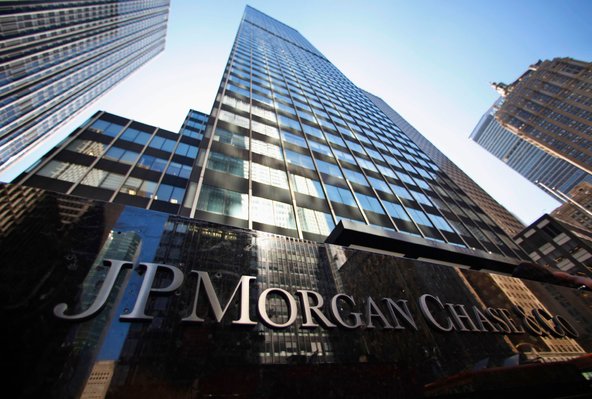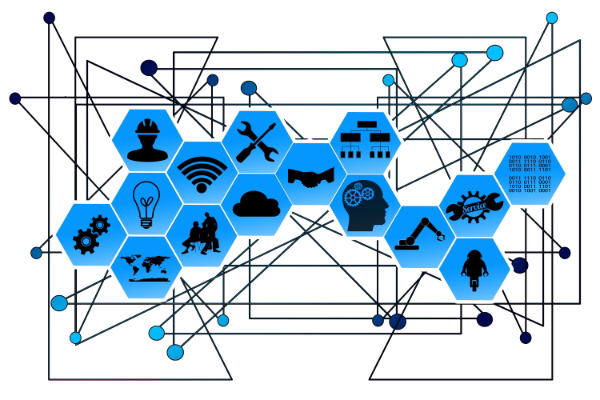
- JPMorgan Chase’s CEO Jamie Dimon assured investors that the banking giant was prepared for higher interest rates, but urged central bankers to remain calm about volatile markets unless they spilled over into the real economy.
- Dimon has urged Washington to develop a “new” Marshall Plan to help mitigate Europe’s energy dependence on Russia, referring to the U.S. postwar policy to provide financial aid to the European continent.
In his annual letter to JPMorgan Chase (+0.46%) shareholders, CEO Jamie Dimon assured investors that the banking giant was prepared for higher interest rates, but urged central bankers to remain calm about volatile markets unless they spilled over into the real economy.
“If the Fed gets it just right, we can have years of growth, and inflation will eventually start to recede. In any event, this process will cause lots of consternation and very volatile markets.”
Last month the U.S. Federal Reserve lifted interest rates by 0.25%, its first hike since 2018 and there are signs that policymakers may have the appetite to get even more aggressive on rates, with indications that a 0.50% increase may be in the offing in May.
While banks such as Dimon’s stand to benefit from higher rates, because they could earn more from the loans that they make, other areas of business such as investment banking and capital markets could suffer as risk sentiment suffers.
With evidence of potential war crimes by Russian forces in Bucha, Ukraine, it’s highly unlikely that Western sanctions against Russia will be lifted any time soon, and could get worse, which will at the minimum slow the global economy.
Dimon has urged Washington to develop a “new” Marshall Plan to help mitigate Europe’s energy dependence on Russia, referring to the U.S. postwar policy to provide financial aid to the European continent.
A move akin to the Marshall Plan would provide a huge boost for American energy producers like ExxonMobil as well as other commodity producers that would be able to replace Russian supply, including wheat and nickel.
But Dimon also echoed some elements within the U.S. Federal Reserve who believe that inflation will eventually start to recede.
Some Fed policymakers believe that inflation will start to ebb by the end of this year and should normalize by 2024, where many believe that the Fed will start another round of rate cuts.



